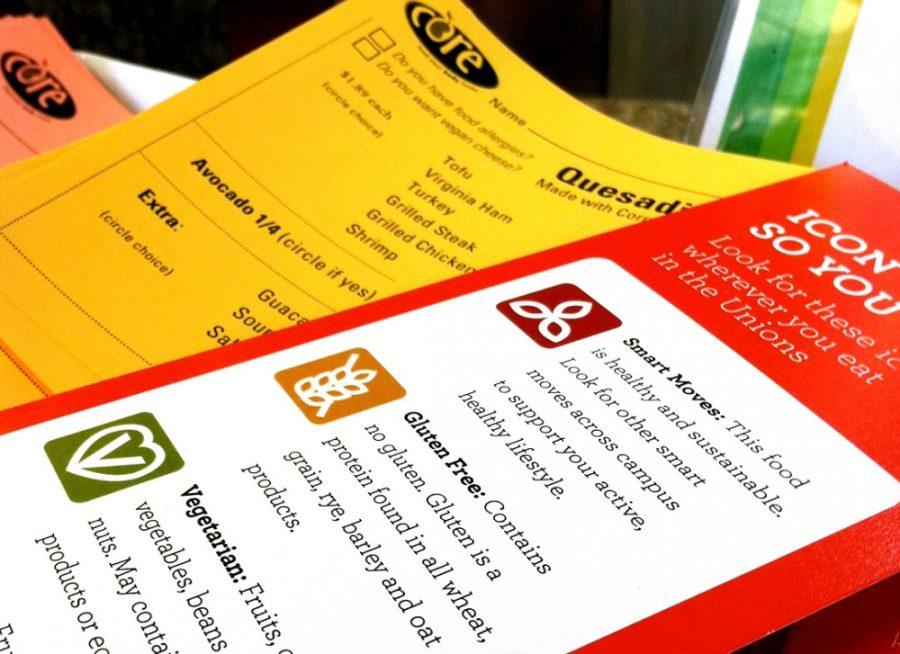As the gluten-free market continues to flourish, those thinking of joining this food fad should do their homework before throwing out their baguettes.
Until recent years, gluten was a word uncommon to the masses. Once the gluten-free craze gained its momentum, there was no way of prodding it out of the cultural consciousness. The irony is that most people still do not understand exactly what gluten is.
Gluten is a group of proteins found in wheat, barley and rye. Those who are diagnosed with celiac or non-celiac gluten sensitivity have an autoimmune reaction against gluten, which primarily takes place within the intestines.
“For people without celiac or NCGS, there is no evidence that suggests that a gluten-free diet is beneficial,” said Courtney Holbrook, president of UA Gluten Free.
Aside from being in many grains, gluten can also be found in processed junk food. These, of course, are foods that any nutritionist would suggest eliminating from a daily food regimen.
“The fact that the food is generally less processed makes it healthier, not the fact that it’s gluten-free,” said Hana Feeney, a registered dietician and nutrition counselor with the UA.
Even until recently, gluten-free options were more processed than items with gluten. Feeney said that once the demand for gluten-free options increased, there was a greater demand to make these options in a healthier fashion.
Even with healthier options being offered in grocery stores for those with celiac or NCGS, these choices are not always guaranteed to be less processed.
Choosing not to consume gluten is usually not an approach to take when considering weight loss, but it can benefit many different areas of the body.
“Gluten is an inflammatory compound,” Feeney said. “Whether or not it is detrimental varies from person to person.”
People who have autoimmune diseases — such as celiac — may exhibit symptoms throughout the body.
Focus ability, joint soreness after exercise and fatigue may be linked to inflammation. However, experiencing these symptoms does not automatically mean one has celiac disease. Therefore, proper tests should be done before undertaking a diet.
Feeney said that if someone started feeling healthier after eliminating gluten from their diet, then they should start eating gluten again to observe if their body reacts negatively. Feeney suggests consulting with Campus Health Service or a nutritionist before committing to a gluten-free lifestyle.
Entering a gluten-free world with grandiose weight-loss expectations is not ideal, since you’re probably better off continuing to consume gluten.
For university students who choose to embark on gluten-free journeys, there are gluten-free dining options all over campus.
“The [student] union is working hard to cater to a need that people have been consistently requesting,” said Christine Carlson, assistant director for nutrition for the Arizona Student Unions.
On Deck Deli now offers gluten-free bagels and sandwich bread for healthy breakfast and lunch options. Core Plus at the Park Student Union is nearly 100 percent gluten-free and specializes in meals for those with celiac. It offers fajitas, salads, stir fry and omelets, all made with fresh ingredients.
The Red & Blue Market makes pre-packaged meals, such as sandwiches and salads, which are prepared in a designated gluten-free room and sold at locations such as Highland Market.
According to Holbrook, Examiner.com ranked the UA third for top gluten-free colleges in the country.
Without a doubt, those choosing gluten-free lifestyles will find the adjustment more welcoming with abundant accommodations on campus. But those who love gluten are encouraged to keep eating that wheat.
—Follow Kianna Chamber @DailyWildcat









